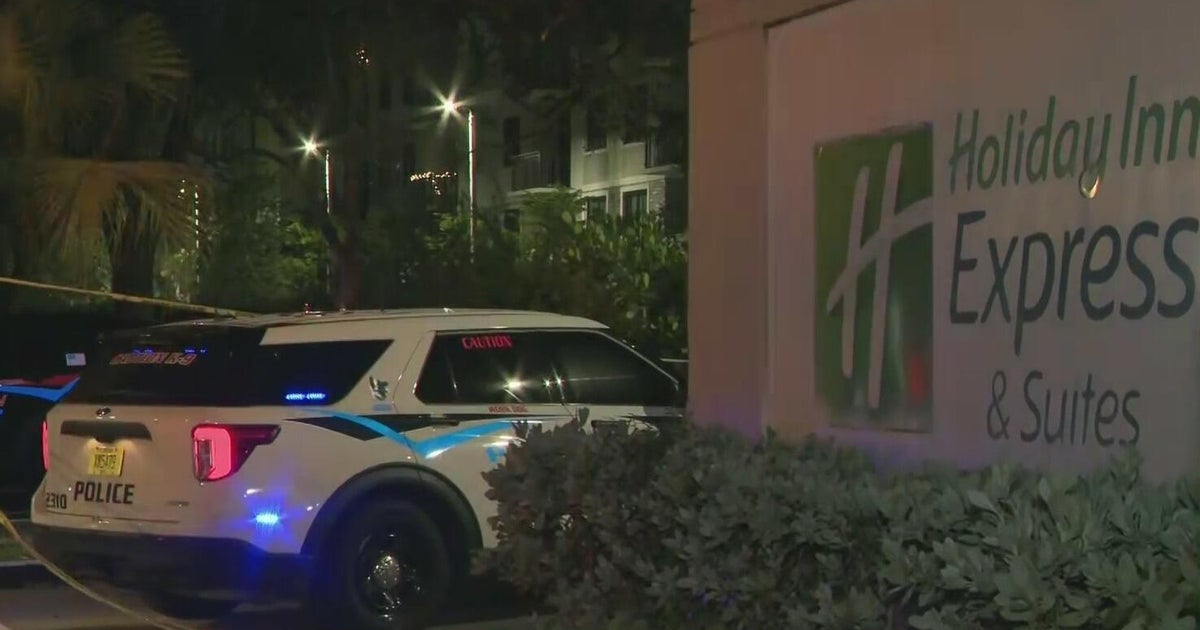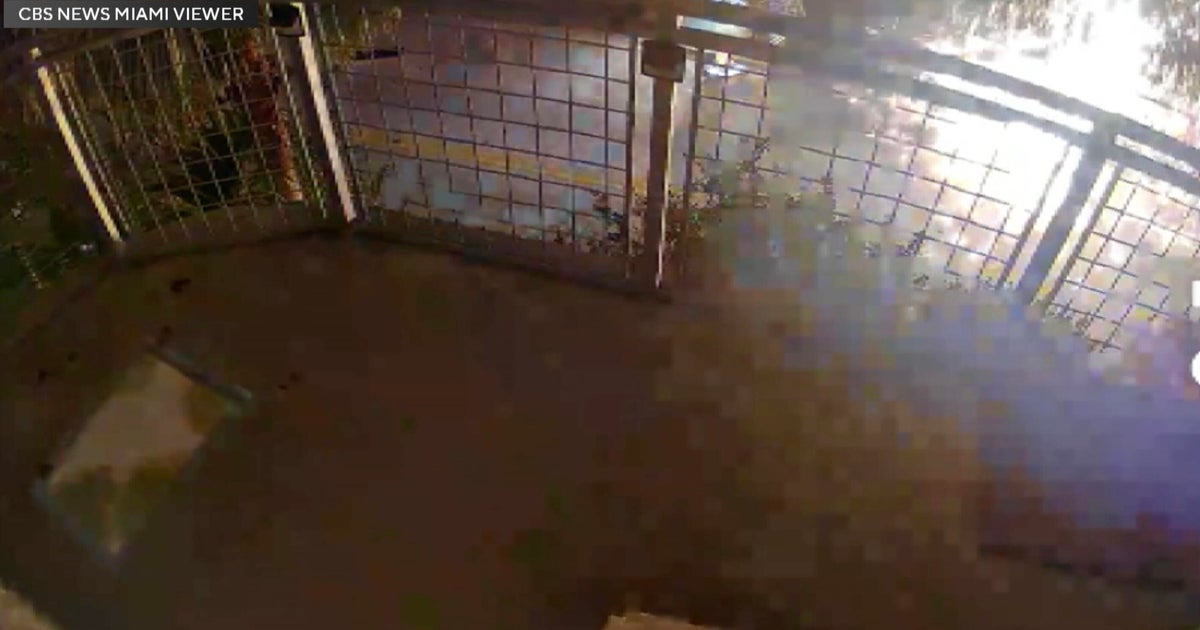Florida Attorney General James Uthmeier announced Monday that all truck agricultural inspection stations throughout the state will also serve as federal immigration checkpoints, following a deadly Aug. 12 crash on Florida’s Turnpike in which a truck driver in the U.S. illegally was accused of making an illegal U-turn that killed three people.
“There’s no telling how many illegal aliens are in this country driving large commercial vehicles and putting American families in a safety risk every single day,” Uthmeier said during a press conference Monday morning in Live Oak, a city north of Gainesville.
Uthmeier said he is sending a formal letter to the U.S. Department of Transportation and the Federal Motor Carrier Safety Administration urging the federal government to revoke commercial driver’s license program authority and strip related federal funding from California and Washington.
The state attorney general cited federal findings that the truck driver involved in the crash had failed an English proficiency test, correctly answering only two of 12 verbal questions and identifying just one of four traffic signs. Washington issued him a CDL in 2023, and California followed with another in 2024.
“States like California and Washington ignored the rules, gave an illegal alien a license to drive a 40-ton truck, and three people are dead as a result,” Uthmeier said. “In response, we’re supporting our Agricultural Law Enforcement and state police to ramp up inspections at state entry-points for illegal aliens who may be operating large trucks using out-of-state driver’s licenses.”
The deadly Florida Turnpike crash that sparked enforcement changes
The truck driver, Harjinder Singh, accused of making the illegal maneuver that ended with three people dead on the Turnpike, was denied bond Saturday after being extradited from California to Florida.
The crash sparked a clash between the U.S. Department of Homeland Security and California Gov. Gavin Newsom over Singh, a native of India, obtaining a work permit and driver’s license in the state. The Trump administration said Singh was in the U.S. illegally.
Singh was charged with three state counts of vehicular homicide and immigration violations, and he was denied bond on all charges.
He was being held in the St. Lucie County Jail, Lt. Andrew Bolonka from the St. Lucie County Sheriff’s Office, said. U.S. Immigration and Customs Enforcement (ICE) has also put a hold on him.
FDACS officers can act as ICE agents under the 287(g) program
The announcement was made alongside Florida Department of Agriculture and Consumer Services Commissioner Wilton Simpson at an interdiction station along Interstate 10 in Live Oak.
Simpson said all FDACS sworn law enforcement officers were certified in July under the federal 287(g) immigration program, and will now work checkpoints with federal and state partners.
There are 23 agricultural interdiction stations in Florida. Their primary job is to prevent unwanted pests, diseases, or unsafe agricultural products from entering the state. These are staffed by law enforcement, and trucks carrying anything that could be agricultural in nature, like produce, plants, or livestock, must stop for inspection.
These inspections will continue to cover agriculture but also include checks for fraudulent documents, unsafe vehicles and English proficiency for drivers, Florida officials said.
“The crash on the Florida Turnpike tragically took the lives of three Floridians and was a completely preventable consequence of illegal immigration and sanctuary-state policies,” Simpson said. “With 23 inspection stations on Florida roadways and 100 percent of our officers being certified in the 287(g) Program, Agricultural Law Enforcement officers are uniquely skilled and positioned to help prevent another tragedy.”
What is ICE’s 287(g) partnership program?
According to the DHS, the 287(g) agreement allows state and local law enforcement officers to collaborate with federal authorities in enforcing immigration laws.
The program targets “criminal illegal aliens who undermine the safety and integrity of U.S. immigration laws” and is designed to strengthen homeland security. Florida officials said the certification of all FDACS officers under 287(g) makes interdiction checkpoints a frontline tool in identifying and detaining drivers who are in the country illegally.
FDACS Colonel Rick “Lee” Adams Jr. said the partnership enhances Florida’s enforcement capacity, while ICE and Border Patrol officials praised the expansion of 287(g) operations in the state.
The Attorney General said his office is pursuing legal action to ensure the driver serves a lengthy prison term before deportation, while the state expands enforcement efforts at interdiction checkpoints.
Mixed reactions from truck drivers on Florida’s immigration enforcement plan
CBS News Miami spoke with tractor-trailer drivers at a truck stop in Davie and found diverse viewpoints on the attorney general’s announcement.
“I think it’s a great idea. For one if you are illegal and driving you should not have a CDL to begin with and if you are illegal you should not even be here. And three, you are messing it up for regular truckers,” said Jacob Ordonez, a truck driver from Texas.
Duane Harris, who has been driver trucks for 12 years, disagreed, saying there are already enough security checkpoints at FDOT weigh stations: “That’s a little too much. They already have people who talk to us verbally and speak to us. The DOT does an excellent job examining us and inspecting us and communicating with us and making sure everything is proper and correct.”
Editor’s Note: An earlier version of this story said Florida authorities will enforce immigration laws at truck weigh stations throughout the state — enforcement will take place at agricultural interdiction stations, which are separate state inspection points for trucks.



